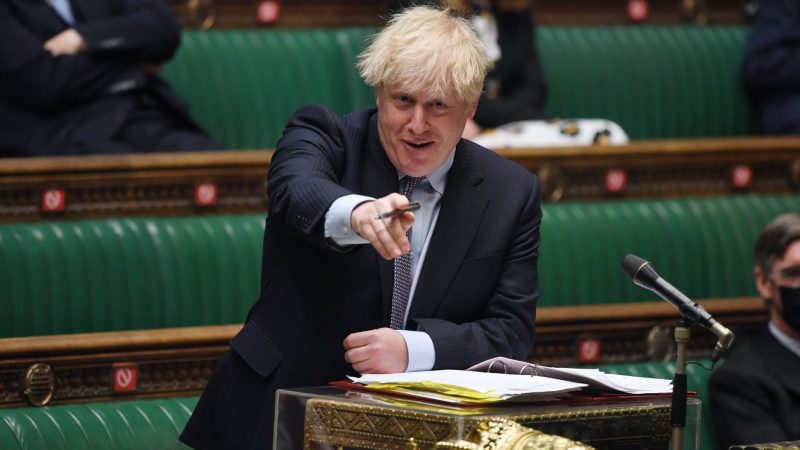
Munira Mirza, the Downing Street head of policy who has worked closely with Boris Johnson since he was London mayor, has quit. In her resignation letter, she cites the Prime Minister’s accusation this week that Keir Starmer spent his time as director of public prosecutions “failing to prosecute Jimmy Savile”. “I believe it was wrong for you to imply this week that Keir Starmer was personally responsible for allowing Jimmy Savile to escape justice. There was no fair or reasonable basis for that assertion,” she wrote. And yet Johnson was not forced to withdraw his comment in the House of Commons.
Parliamentary procedure is arcane. If you are not inside the Westminster bubble, the show put on is bizarre. Talk of ‘divisions’, ‘statutory instruments’ and ‘whips’ is not only old fashioned but impenetrable. The format, language and procedures of parliament leave a lot to be desired, but more than being off-putting to your average person, archaic parliamentary conventions are also harmful to public discourse – especially when faced with someone like Boris Johnson.
MPs are not allowed to call each other liars, which has become ridiculous during this Prime Minister’s tenure. The list of his untruths is too long for this piece. A video shared by Peter Stefanovic outlines an impressive array of lies on CO2 emissions, relative poverty, nurses’ bursaries, the Tory record on NHS investment and more. Between wallpapergate, partygate and shocking statements attributed to Johnson during the pandemic (“let the bodies pile high in their thousands“), the case to call a politician a liar has never been stronger.
Parliamentary procedure means Johnson is protected while lying. The Speaker exercises their power to eject MPs from the chamber for calling colleagues liars: Labour MP Dawn Butler fell foul of the rule last year, while Ian Blackford was kicked out last week for repeatedly insisting that Johnson “misled the House”. The Prime Minister did mislead: he claimed in the chamber that he had no knowledge of Covid rule-breaking parties, then it emerged that he definitely attended several of them.
Flooding the public sphere with confusion is a strategy that Johnson has long pursued. In an old TV appearance, he openly boasted: “I’ve got a brilliant new strategy, which is to make so many gaffes that nobody knows which one to concentrate on.” Spewing misinformation in parliament is part of that masterplan. A perfect example was the dead-cat ploy he shoehorned into his response to the Sue Gray update, accusing Starmer of “failing to prosecute Jimmy Savile”. This was a transparent bid to deflect from his wrongdoing by injecting more chaos into the debate.
Of course, MPs are not supposed to mislead parliament. According to Erskine May, the bible for parliamentary procedure, members who make a false statement are supposed to correct the record. But this element of the guide is not adhered to by Johnson. The Prime Minister has made a host of statements, from suspect comments to outright lies, without coming back to parliament with a retraction. MPs are frequently expelled for their ‘unparliamentary language’, yet Johnson’s words remain on the record, uncorrected.
He is also protected by ‘parliamentary privilege’, which grants MPs legal immunities including freedom of speech when speaking from parliament. This means Johnson can throw around unfounded allegations, like his Savile claim, without fear from the despatch box. In contrast, Dominic Raab refused to repeat the accusation in media appearances because he could “not substantiate it“.
All this makes you wonder: who do these historic parliamentary conventions serve? The answer is simple: the establishment. The block on calling out liars is part of a wider picture. Parliament should be a body where ministers are held to account by elected representatives of the people, where the government of the day answers for the policies it is pursuing and the conduct of its advocates. Instead, those governing us are shielded from accountability. As this week has shown, ministers can say what they like and MPs cannot point out such often obvious deviations from the truth. These are tools with which the ruling class close ranks, and Johnson wields them well.




More from LabourList
Tom Belger column: ‘Why is Labour making migrant exploitation easier?’
Ashley Dalton resigns as health minister for cancer treatment
Paul Nowak column: ‘Labour must focus on the basics’